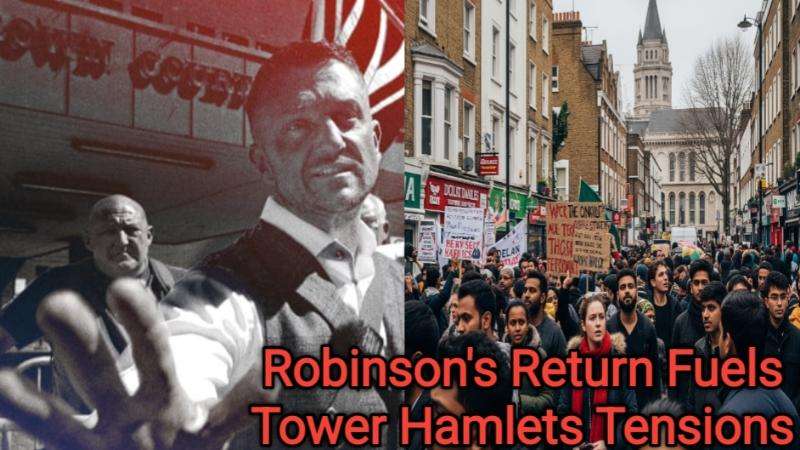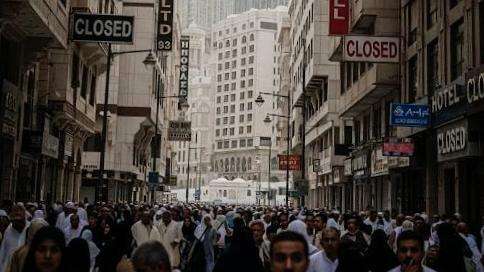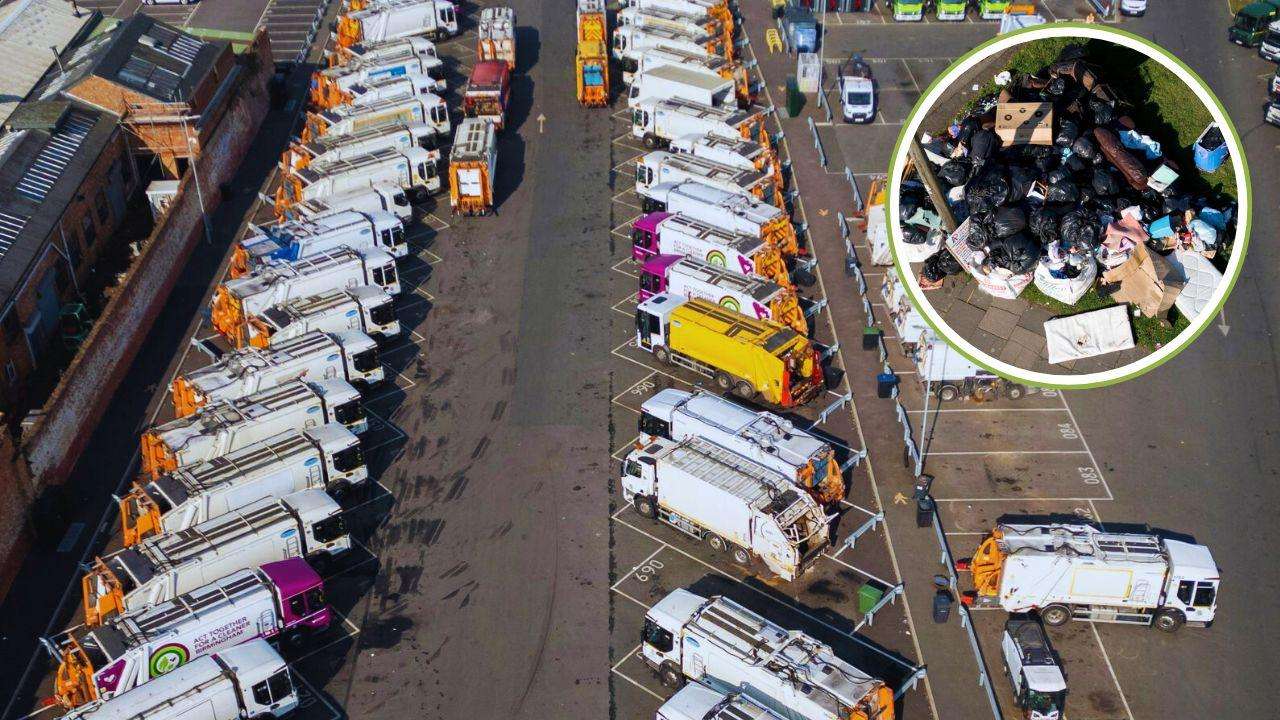Pavements across Birmingham are being overtaken by piles of black rubbish bags, as an ongoing bin workers' strike continues to paralyze the city’s waste collection services.
The situation has become so severe that the Birmingham City Council declared a major incident on 31 March, citing serious public health concerns. The escalation came after striking workers formed picket lines that blocked access to depots, preventing bin lorries from operating.
While the indefinite strike officially began on 11 March, disruptions to waste collection actually started in January. Since then, the backlog of uncollected rubbish has steadily worsened.
Why Are Workers on Strike?
The dispute centers on the elimination of the Waste Recycling and Collection Officer (WRCO) role. According to the Unite union, this change could leave around 150 workers with a loss of up to £8,000 per year.
More than 350 workers initiated walkouts earlier this year and decided to escalate to a full strike in March. Unite claims the council's move undermines wages, job security, and working conditions. They have said the strike will not end unless the decision to cut WRCO pay is reversed.
In response, the council insists the role was removed to align Birmingham’s waste services with national standards and to improve operational efficiency. It has offered affected workers alternative roles at the same pay rate, driver training opportunities, or voluntary redundancy, stressing that no worker is being forced into a pay cut.
How Has the Strike Affected the City?
Residents have raised alarms over growing mounds of rubbish in the streets, reporting foul smells, overflowing bins, and infestations of pests. Some locals have seen rats "as big as cats," with many fearing a serious outbreak of disease.
One resident, Fayzah Iftikhr, described the conditions as “horrible,” adding that she had never seen her neighborhood in such a state. She expressed sympathy for the striking workers but said the local community was paying the price.
Pest control companies are also seeing a surge in demand. Joseph McHale, a rat catcher from Vergo Pest Management, reported a 60% increase in calls from Birmingham. He explained that the rubbish bags provide ideal conditions for rats to thrive — food, shelter, and warmth — and warned that even after the streets are cleaned, the rodents are likely to remain.
The volume of uncollected waste has dramatically increased. In the week of 10 March, 483 tonnes of rubbish accumulated daily. By 17 March, that number had jumped to 655 tonnes, and by 24 March it reached nearly 900 tonnes per day.
Ordinarily, Birmingham’s waste team completes over half a million collections per week using 200 vehicles working eight-hour shifts. The strike has brought this system to a near standstill.
When Will It End?
Birmingham City Council has said it wants to restore normal waste collection services “as soon as possible,” but negotiations with Unite remain at a deadlock.
Council leader John Cotton expressed understanding for residents’ frustrations and emphasized the need for a negotiated settlement. He reaffirmed that the council’s offer ensures no workers will suffer financially due to the role changes.
Deputy Prime Minister Angela Rayner has also stepped in, urging both sides to reach an agreement and stating that her department is monitoring the situation closely. The Ministry of Housing, Communities and Local Government has sent logistics experts to Birmingham to help the city manage the backlog and draft a recovery plan.
As part of its emergency response, the council has added 35 vehicles and additional crews to remove rubbish and tackle illegal dumping. Crews are being deployed from three depots each morning, covering as many routes as possible.
To help residents, the council has opened mobile waste collection sites where general and bulky household waste can be disposed of without booking. However, recycling drop-offs still require appointments at the city's recycling centers.
John Cotton stressed that the city is taking “every possible measure” to handle the crisis, while Minister for Local Government Jim McMahon confirmed the government is ready to provide additional support if needed. Still, he emphasized that any settlement must represent good value for taxpayers.
Majid Mahmood, Birmingham’s cabinet member for environment and transport, reiterated the council’s willingness to work tirelessly to bring the dispute to an end.
Is This the UK’s Longest Bin Strike?
The Birmingham bin strike is shaping up to be one of the UK’s most prolonged in recent memory. By 7 April, it had entered its fifth consecutive week.
Historically, the UK has experienced several notable bin strikes, including a seven-week strike in London in 1970 and the Winter of Discontent in 1978–1979, which saw rubbish accumulate nationwide amid widespread industrial action. More recently, in 2022, bin workers in the Wirral staged a week-long strike that ended with a 15% pay increase. In that same year, Edinburgh faced similar disruptions during its popular festival season.
For now, Birmingham remains in limbo as the city, its workers, and its residents wait for a resolution to what has become a major urban crisis.


_4.jpg)





.svg)




